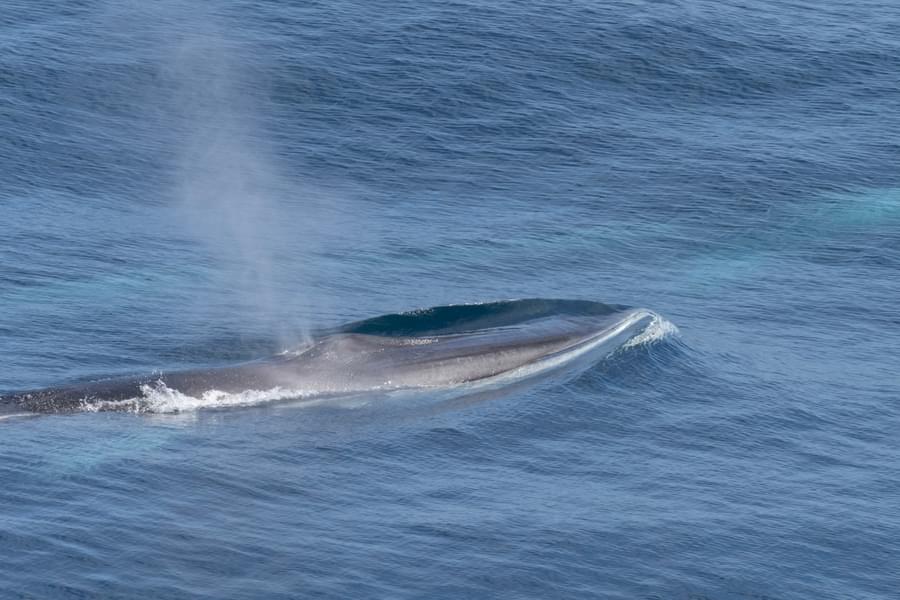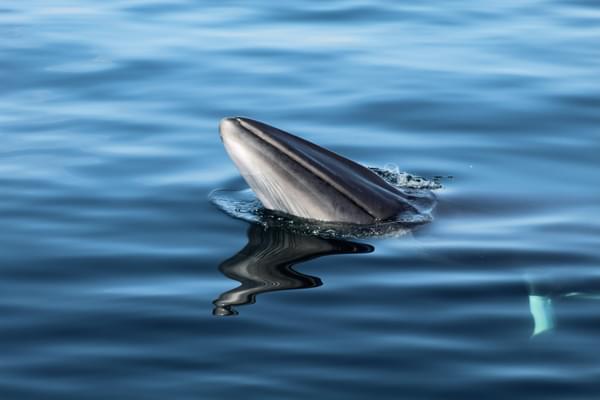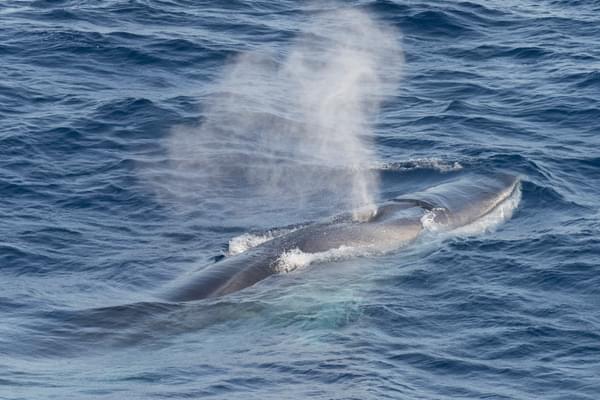A new designation for the Northwest Mediterranean has been celebrated by conservationists as a step forward for cetacean conservation in the area, but the news is tinged with disappointment as proposals to mitigate ship strike in this area and in Sri Lanka fall well short of what is needed.
The International Maritime Organisation (IMO) held the 80th meeting of their Marine Environment Protection Committee (MEPC) on 7th July, and during the session agreed to designate the North-western Mediterranean Sea as a Particularly Sensitive Sea Area (PSSA) because of the high risk of collision between ships and whales. This is the first PSSA designated based on ship strike risk and is a key milestone in highlighting the devastating impact of ship strike on sperm whales and fin whales found in this region.
Though ORCA applaud these new steps, sadly the introduction of a voluntary (rather than mandatory) speed restriction in that area falls well short of the measures needed to protect large whales in this important hotspot.
Further disappointment came with news that proposals to protect critically endangered pygmy blue whales were rejected by the Sri Lankan government. A proposed Traffic Separation Scheme (TSS) would have seen shipping lanes moved around 15 miles south of the current route, a minor change that would mean shipping traffic avoiding a key habitat for a sub-species that has been devastated by collisions.
ORCA CEO Sally Hamilton said: "Seeing recognition of how important this area of the Mediterranean gives us hope of long overdue action on ship strike, but the reality is that simply calling an area important isn't enough. We need meaningful measures in place to compel companies sailing through this area to slow down to a speed that helps minimise the risk of collisions and safeguards this important habitat.
"Sadly the intransigence of policymakers in Sri Lanka is less of a surprise but is still a huge disappointment to everyone who cares about large whales. Pygmy blue whales, having been decimated by historic commercial whaling, are now under intense pressure from shipping activity and need urgent protection. Not only are the proposed measures minor in operational impact on the companies using this area, many of the operators sailing through these waters have already taken voluntary steps to reroute and there is widespread support from the shipping industry for these proposals. The Sri Lankan government seem unwilling to accept this. The recovery of these amazing animals will not be helped by responsible authorities turning a blind eye to the problem and refusing to engage on this urgent conservation issue."





